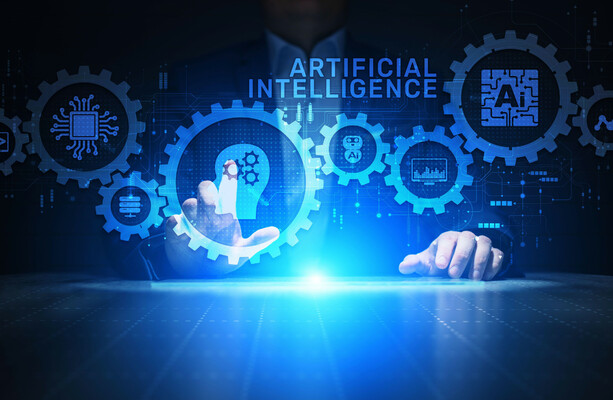Urgent Call for Oversight as AI Threatens Employment Landscape

In an era where technological advancement is both celebrated and feared, the call for a governmental watchdog to oversee job losses attributed to artificial intelligence (AI) has gained significant traction. As AI continues to evolve, its impact on the workforce is becoming increasingly pronounced, prompting stakeholders to demand proactive measures to mitigate potential economic and social disruptions.
The rapid integration of AI into various sectors has sparked a dual narrative of innovation and apprehension. While AI promises efficiency and growth, it simultaneously poses a threat to traditional employment structures. The absence of a regulatory body to monitor these changes has raised concerns among policymakers and industry leaders alike. They argue that without proper oversight, the displacement of jobs could lead to widespread economic instability and exacerbate existing inequalities.
Key figures in the debate underscore the necessity of a dedicated entity to assess and address the implications of AI-driven job losses. This proposed watchdog would be tasked with analyzing trends, forecasting future impacts, and advising on policy interventions. Such a body could provide critical insights into the sectors most vulnerable to automation, enabling targeted support and retraining programs for affected workers.
The urgency of this call is underscored by the potential for AI to redefine entire industries. From manufacturing to services, the automation of tasks previously performed by humans is reshaping the labor market at an unprecedented pace. Without a strategic approach to managing this transition, the risk of social upheaval looms large. Advocates for the watchdog emphasize that foresight and planning are essential to harness the benefits of AI while safeguarding livelihoods.
As the conversation around AI and employment intensifies, the establishment of a monitoring body emerges as a critical step towards a balanced future. By providing a framework for understanding and responding to AI-induced job losses, such a watchdog could play a pivotal role in ensuring that technological progress does not come at the expense of societal well-being. The call for action is clear: the time to act is now, before the full impact of AI on employment becomes irreversible.
🔮 Fortellr Predicts
Confidence: 85%
The request for Ireland to establish an AI Observatory indicates a proactive approach to managing the potential disruption AI could cause in the employment landscape. The establishment of such a body would signal a strategic shift towards monitoring technological impacts in real time, a necessary step given AI's rapid advancement. Historically, similar technological shifts such as the Industrial Revolution and digital automation resulted in significant job displacement. Still, they eventually created new employment opportunities and economic growth. The AI Observatory would act similarly to labor market observatories and other monitoring bodies that guided adaptive policy-making during past transitions. By providing data-driven insights, this body can inform government strategies regarding employment, education, and regulatory measures, thus positioning Ireland to better balance innovation with societal needs. The government's response will likely involve stakeholder consultations, with unions, employers, and tech firms all having a vested interest. Educational institutions, too, are expected to ramp up efforts to align curricula with emerging needs. Given Ireland's strong tech sector, the balance between watching AI's risks and leveraging its benefits will be crucial. Notably, the AI Observatory could also strengthen Ireland's position in EU digital strategy discussions, potentially influencing broader regulatory frameworks.